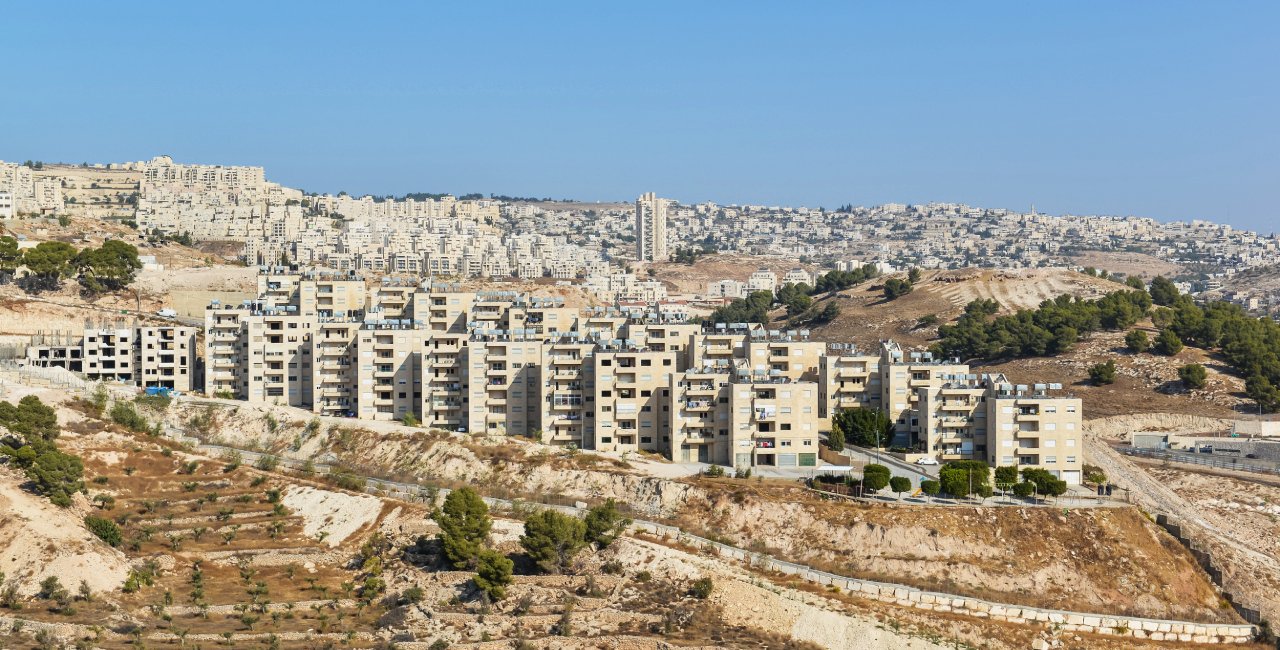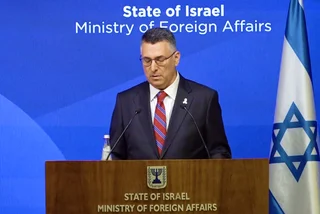The Czech Republic has joined a group of more than 20 countries in denouncing Israel’s decision to move ahead with settlement construction in the West Bank, a project critics argue violates international law and threatens regional stability.
The statement, issued Thursday and coordinated primarily by European governments alongside Canada and Australia, calls on Israel to withdraw its plan for new housing units in the E1 area near Jerusalem. The decision has reignited international debate over the legality of settlements and their impact on the Israeli-Palestinian conflict.
Czech Senate Foreign Affairs Committee chairman Pavel Fischer welcomed the country’s participation in the joint appeal. He described Israel’s move as “very irresponsible,” citing United Nations resolutions that classify settlement expansion in occupied territories as illegal under international law.
Israel’s planned settlement expansion
Israel’s government approved the construction of approximately 3,400 housing units in the E1 corridor east of Jerusalem, an area long contested in peace negotiations. Plans for the project have existed for years but were repeatedly shelved due to criticism from allies, including the United States and European Union.
Critics argue that building in the corridor would cut off Palestinian access to East Jerusalem and make a future two-state solution nearly impossible.
In their joint statement, the participating governments said the Israeli decision “undermines our collective efforts for security and prosperity in the Middle East” and contravenes UN Security Council Resolution 2334, passed in 2016. That resolution reaffirmed that Israeli settlements in territories occupied since 1967 “have no legal validity” and pose a major obstacle to peace.
The document urged Israel to halt construction immediately, warning that the settlement push risks escalating violence and instability in the region. The British government published the full statement, which also highlighted the potential consequences for ongoing diplomatic efforts to revive peace negotiations.
Czech perspectives and broader political context
Fischer, one of the Czech Senate’s most prominent foreign policy voices, endorsed the joint criticism while also questioning the Czech government’s engagement with conditions in the Palestinian territories. He suggested that a Czech representative should visit the Gaza Strip to observe the humanitarian situation firsthand.
“I find the whole decision to start construction in the E1 area, which the state of Israel has no right to and where there is territory reserved for Palestinians in accordance with agreements, very irresponsible,” Fischer told Czech News Agency.
“The sooner the Israeli government stops building settlements in accordance with UN Resolution 2334, the better. Not only for the Palestinians, but also for the state of Israel itself.”
Israeli Prime Minister Benjamin Netanyahu’s coalition has consistently supported settlement expansion. Finance Minister Bezalel Smotrich, a leading far-right figure, has openly advocated annexing the West Bank and recently called the E1 project “another nail in the coffin of the dangerous idea of a Palestinian state.”
Most UN member states already recognize Palestine, and additional recognition expected this year could push support to around three-quarters of the international community. Palestinians seek an independent state in the West Bank and Gaza with East Jerusalem as its capital, a vision supporters argue is increasingly difficult to achieve as settlement construction continues.


